
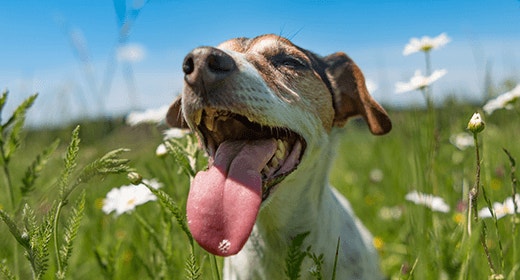
Panting is when dogs breathe rapidly with their mouth open and tongue hanging out like a slobbery yo-yo. You know what we’re talking about. So other than as an effective method of drool distribution, why do they do it?
Some dogs may occasionally pant when they’re excited or afraid, but the main reason is to help keep themselves from overheating.
In a recent IAMS™ survey,* a majority of dog parents believed that dogs have sweat glands. But dogs don’t sweat like humans do. “We have glands all over our body. Dogs can’t do that,” says Opens a new windowDr. Jo Gale, BVetMed CertLAS MRCVS, Senior Manager, Global Science Advocacy at Waltham Petcare Science Institute. “They have sweat glands on their paw pads, but that’s the only place.” They rely on panting to let out warm air and bring in cooler air. All that drool and fluid in their mouth helps dissipate the heat as well. It’s like a big soggy air conditioner.
Most mammals, and even many birds, pant to regulate their temperatures. Humans are some of the only creatures who cool down by perspiration. Imagine what dogs think of us losing fluid from all over our bodies, sweating through our clothes and needing to wipe our faces all the time. Fortunately, they love us anyway.
Panting is normal, but it expends lots of water, so make sure Fido’s bowl is full of clean, cool H2O, especially during warmer months.
Opens a new windowDr. Tammie King, Applied Behavior Technical Leader at Waltham Petcare Science Institute, suggests “seeking out cool shade, giving them water and stopping physical activity.”
And it goes without saying — but we’re going to say it anyway — that you should never leave your dog in your vehicle on hot days. Even if they’re driving. Which you shouldn’t let them do either.
Some dogs run a higher risk of overheating. “It’s very easy for dogs to overheat on very hot days,” cautions Dr. Jo Gale. “Any dog with a squashed face — bulldogs, pugs, Pekingese — their nasal passages are not able to cool the air as much.” She added that dogs with heavy coats, overweight dogs, and very old or very young pets also can’t control their body temperature as effectively.
If your pooch seems to be panting more than usual or at unusual times, check to see if they’re having trouble breathing, are shaking, or their gums or tongue have noticeably changed color. If so, make sure they have access to water, get them to a cool place and contact your vet.
*Surveyed U.S. dog owners, age 18+
Sample Size: n=201
Fielded May 8-10, 2020
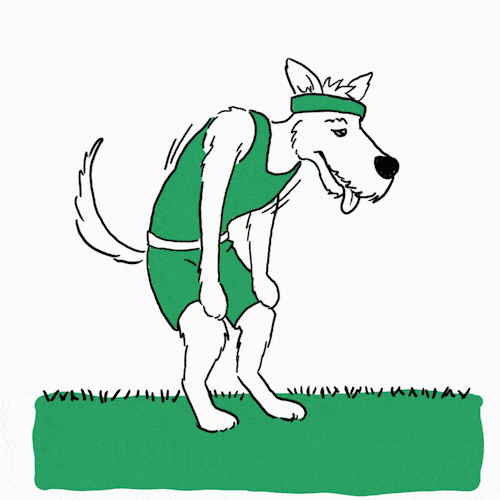
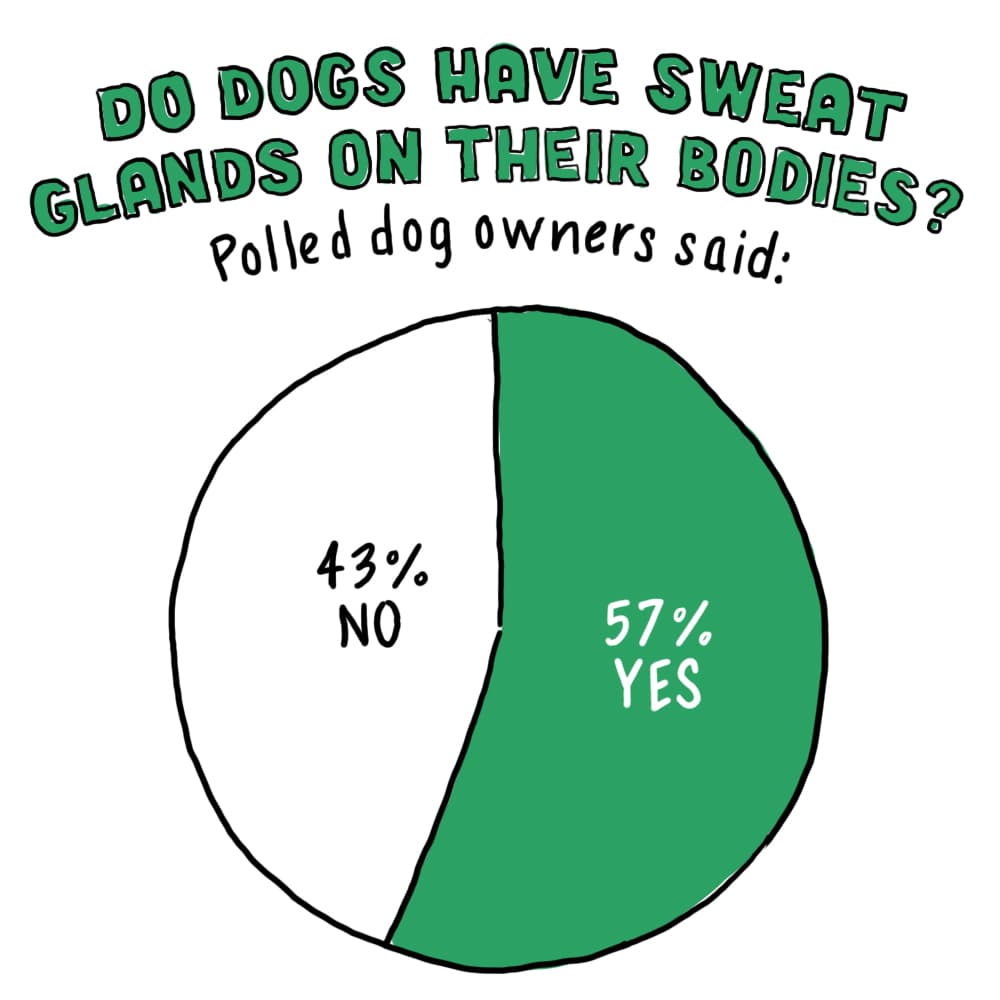
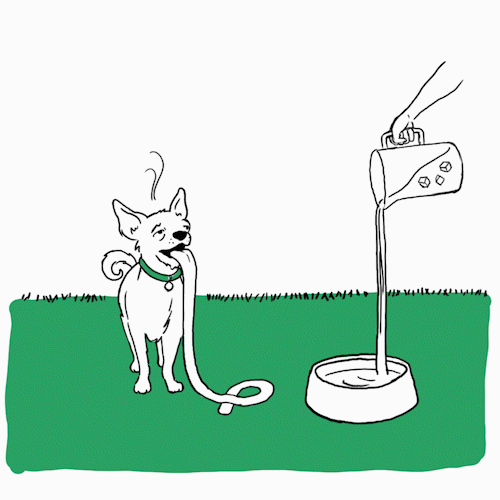

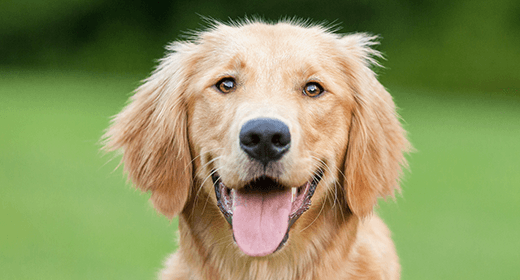
Golden Retrievers are energetic and full of stamina, so daily exercise is a must. Adult Goldens need at least an hour’s exercise every day. Like the pug, this breed is highly prone to obesity, so they will quickly put on weight without proper physical activity like running, swimming (they just love water), and playing fetch.
Caring for Golden Retrievers is a moderate issue. Golden Retrievers have two shedding seasons (spring, autumn) in a year where they shed pretty heavily. Otherwise shedding is not a major challenge. You need to brush your Golden 3-4 times per week and bathe them once a month.
Because they tend to gain weight quickly, we recommend that you monitor their caloric intake daily. This is why Goldens need complete and balanced meals that are tailor-made to meet their unique needs. We recommend giving them premium Golden Retriever food like IAMS™ Proactive Health™Adult Golden Retriever that contains L-Carnitine to support healthy weight management, Glucosamine and Chondroitin to support healthy joints, and Omega 6 and 3 fatty acids to support skin and coat health. It is best to split their daily allowance into two meals.
Recommended Golden Retrievers food intake-
| SIZE OF GOLDEN RETRIEVER | RECOMMENDED DAILY FEEDING (G) |
|---|---|
| 20-30 kg | 255-345 |
| 30-40 kg | 345-430 |
| 40-50 kg | 430-505 |
| 50-60 kg | 505-580 |
Golden Retrievers are prone to moderate levels of health issues. Common ones include cancer and blood disorders, hip and elbow dysplasia, dislocated kneecaps, skin conditions, hypothyroidism, cataracts, and ear infections.
An ideal world for a Golden Retriever is to live in a home with a medium or large-sized yard. While they do well in apartments, they need a great deal of outdoor exercise to stay fit. So if you can manage that, Golden Retrievers can do well as indoor and outdoor pets.
So, is caring for a Golden Retriever the right choice for you? Goldens are high-energy pets and are one of the friendliest breeds out there. Their friendly nature and comfort around little kids make them an ideal choice for many first-time owners.